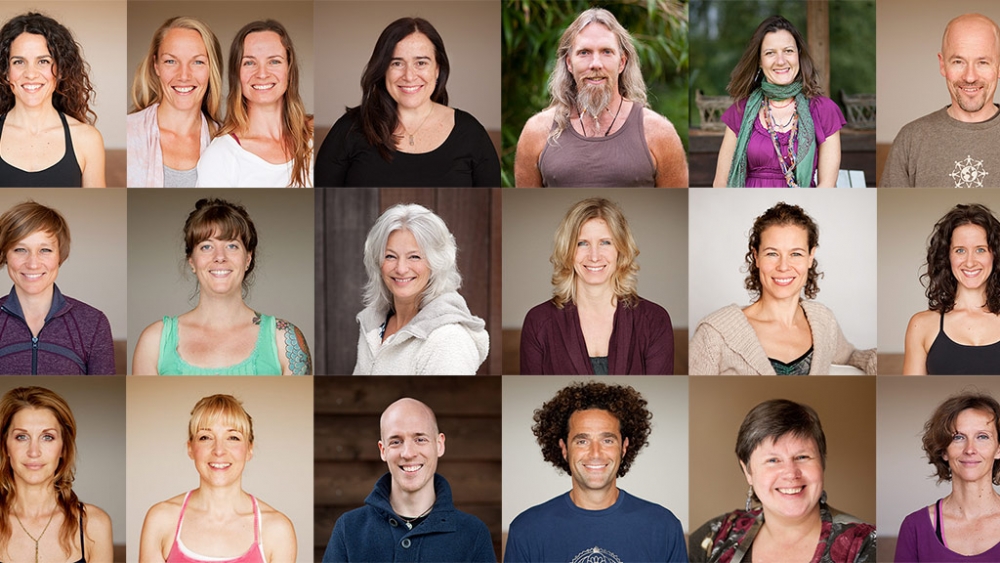What advice would you give to new yoga teachers?
Esther Ekhart
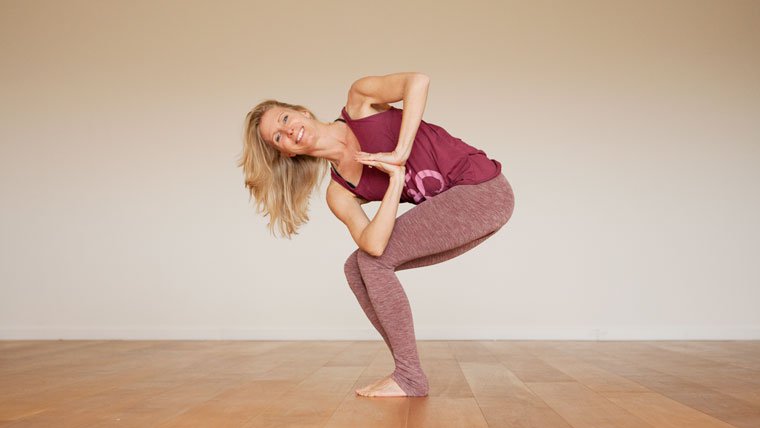
My advice is: besides the most important tip, “keep up your own practice” also keep training and learning from others – be an eternal student.
A little tip to help you memorize your sequence is to practise it yourself first (always) and then visualize it. Run through it in your head three times and then you’ll know it.
Sandra Carson
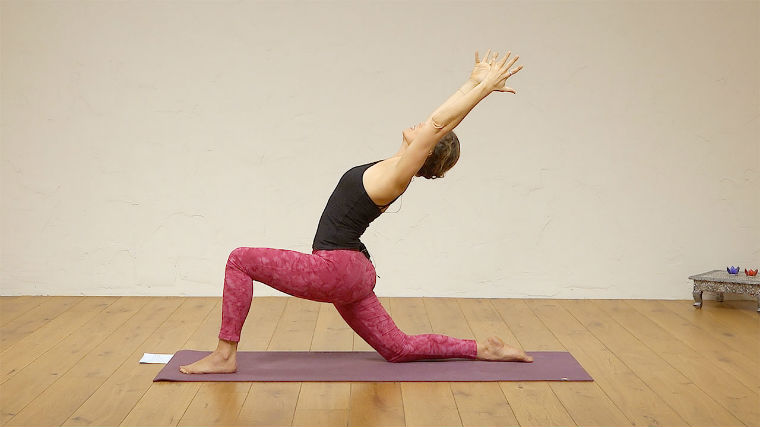
Teach from your own experience – it is the most fulfilling way of being a yoga teacher to find and express your own voice. That in itself is a yoga journey. Something my first teacher told me: “encourage your students to become better than yourself”. Aim for the highest and always teach to inspire and not to impress!
David Lurey
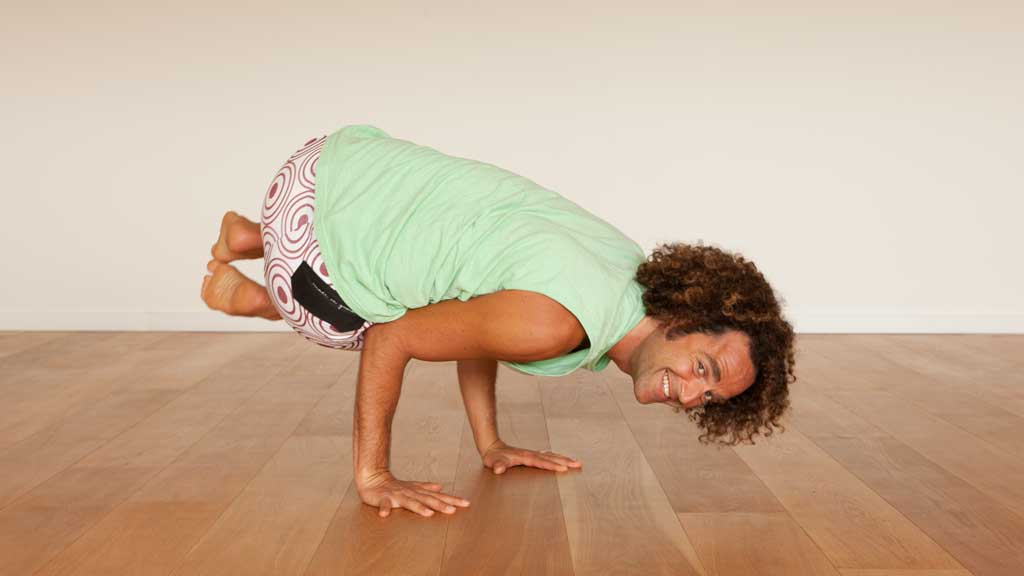
Find as many opportunities to share yoga and ‘practise’ teaching as possible. Community centres, family, work friends, social friends and more. The more you teach and are in the energy of teaching, the quicker it develops and becomes a refined art. Also, find opportunities to donate your skill as a teacher to start a positive karma cycle with your work. There is a time, place and need to teach for money and it will be greatly supported if you also offer your gifts to those who can not afford it.
Record your classes and take them afterwards. Any smartphone microphone is fine… place it somewhere in the room (away from music speakers if you use them) and hit record BEFORE you start your class and leave it there. Do your best to forget about it. After the class, remember it 🙂 Then take your own classes! I have been doing this with my EkhartYoga classes, and even after 15 years of teaching I still am growing as a teacher by paying attention to my timing, speech, clarity and presence.
Irina Verwer
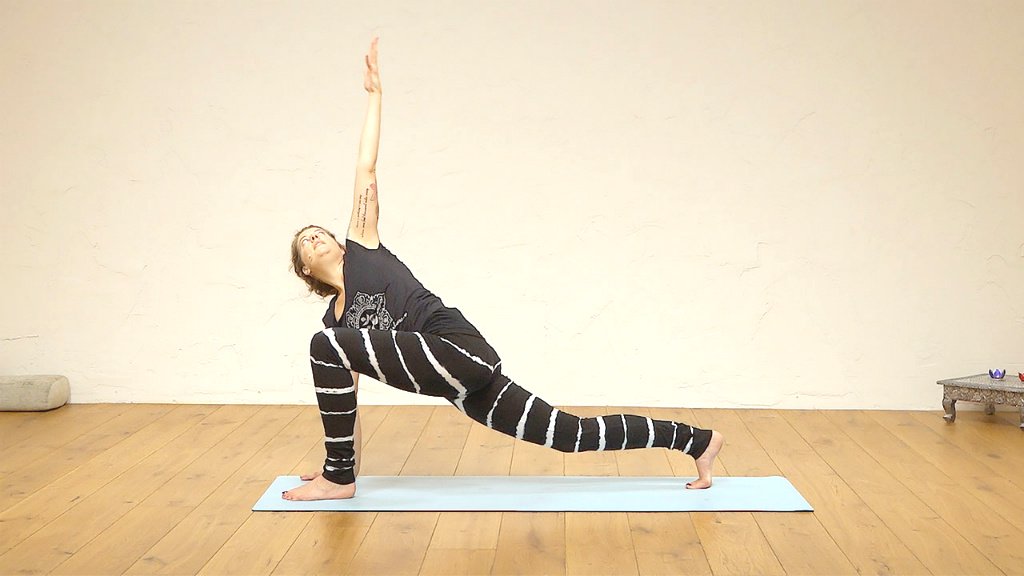
Practise, practise, practise! Don’t let the classes you teach take the place of your own practice. Remember that a practice doesn’t necessarily mean three hours of asana – an hour of contemplating the Bhagavad Gita or a 10 minute meditation also counts. Practising helps you to truly embody what you teach.
Plan your class, but be willing and ready to let your plan go. In that way, you can connect with yourself and your students – and teach whatever is truly needed at that moment.
Francesca Giusti
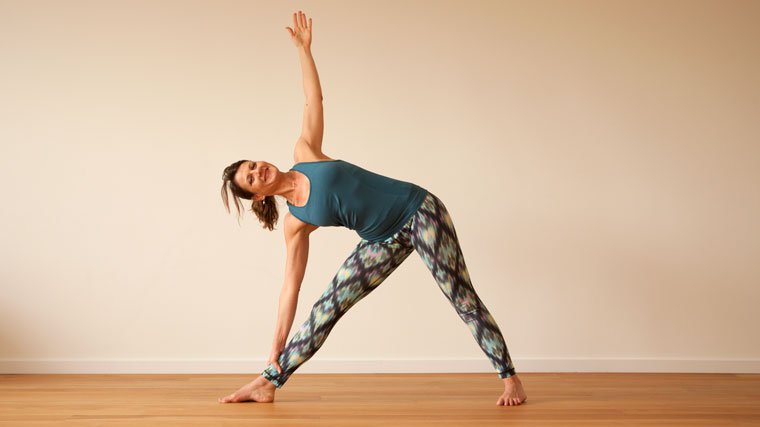
Even before contemplating teaching, ask yourself what is the reason you want to embark on a teacher training? More often than not it might be that you are simply interested in deepening your knowledge to expand your own experience in yoga… so after having trained with a reputable school, I would suggest you enhance your own home practice, making it a daily joyful event to look forward to.
Only when you have a solid home practice you then can be rooted and grounded enough to pass on your experience. Don’t be in a hurry to fill up classes. Keep your daily job and start with offering a shared practice to family and friends, moving onto getting teaching experience covering other teacher’s classes.
Start to enjoy the process of sharing what you are passionate about. In my experience, keeping a low profile and being humble always pays. Yoga is not a popularity contest, and it could be quite disheartening comparing the number of people in your classes with other teachers (maybe they are more established and more experienced). So, in short: practise daily to get the benefits of yoga, be grounded and only share what you have experienced yourself, be humble and start small. You will contribute to the integrity and the safe spreading of yoga for all!
Esther Teule

Hmmm…that depends on the person of course…But I would say, make it accessible, practical. Don’t be afraid to address feelings or emotions. Meditation especially can be just a lot of thinking going nowhere…
Check regularly what people experience, so you will know where they are at, but also because sharing experiences creates a safe atmosphere in the group.
Andrew Wrenn
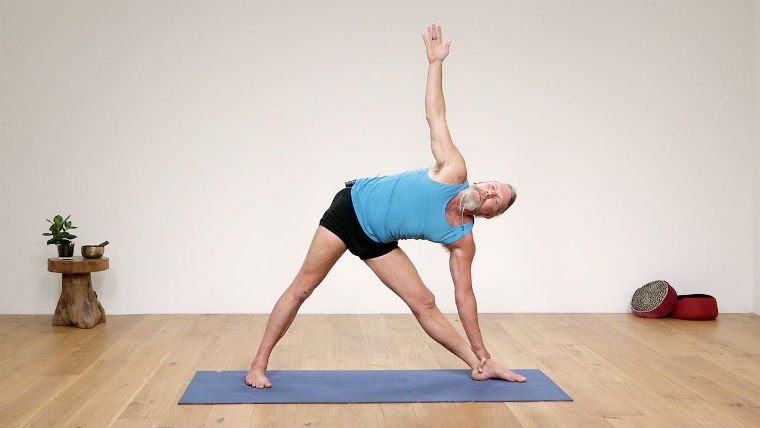
My advice to a new teacher would be to look at the motivation, feelings and reason(s) why you became a teacher and allow this to be the platform or foundation from which you share and teach yoga as opposed to showing off what you can do or teaching an exercise class.
And don’t worry about being nervous before a class, if you don’t ‘feel’ anything before a class maybe what you have to share isn’t coming from the right place.
Adela Serrano
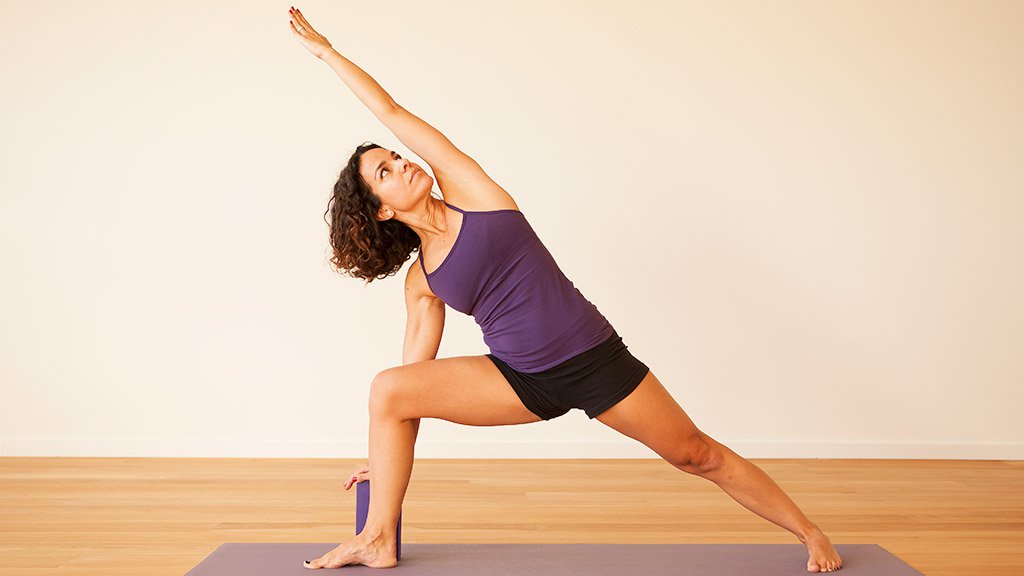
Teach something: Whenever you are teaching a class, teach something to your students. Don’t limit yourself to just linking one pose into the next or to showing the students how you can do the poses, show them how they can do the poses, teach them how. Students like to learn!continual learning
Maintain a home practice and think like a beginner, be open to constant learning. Be true to yourself and teach from your own experiences, it is important to have a home practice and to explore the different poses and sequences in your own body before you teach others. Attend classes and never stop learning.
Anat Geiger
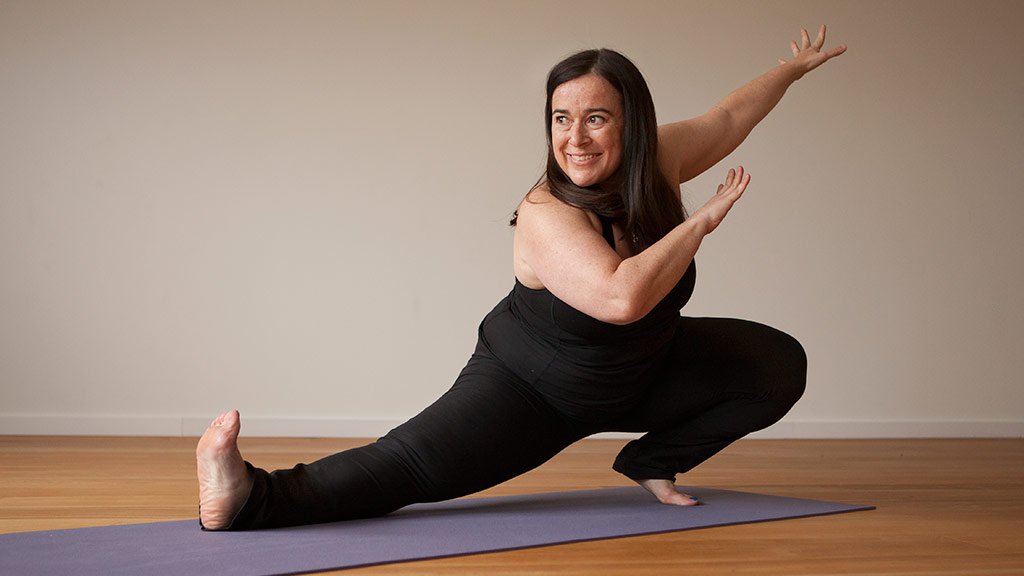
My advice for new teachers is to practise yoga, in whatever way that you can. To keep studying, and particularly to keep coming back to the Bhagavad Gita and the Sutras of Patanjali. The inspiration and guidance we can find in these texts is astounding and completely relevant to our modern lives.
And finally, to never believe anything if you don’t sincerely experience it as true. The practice of yoga needs to be a lived experience.
David Dodd
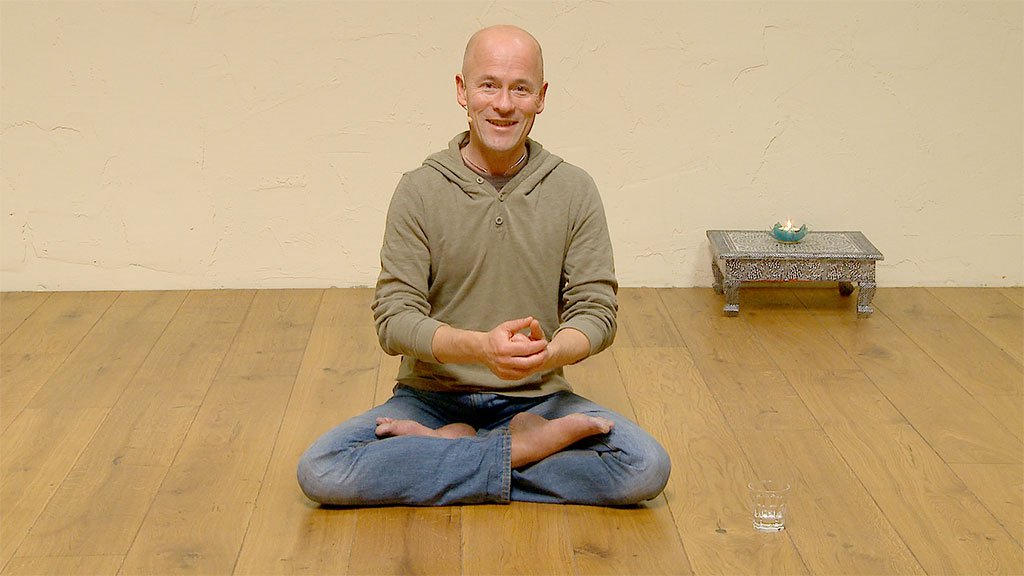
Practise, practise, practise! Maintain – and if you don’t already have one, develop – a self-practice. Practise 5-6 mornings a week, it could be a short or a longer practice depending on your schedule for the day. Effective teaching is grounded in your own practice.
Level with your students! By which I mean remain aware of and disengage from any behaviour, either in yourself or those in your class, which may encourage a hierarchical teacher-student relationship. Any hierarchical relationship is an obstacle to growth in yoga.
So it would seem the moral of the story is to practise, practise, practise! We’d love to hear your tips and experiences as well.
Learn online with EkhartYoga
Develop your yoga knowledge and skills on the EkhartYoga Academy – with specialised courses for teachers of teachers in training. See our courses here.

